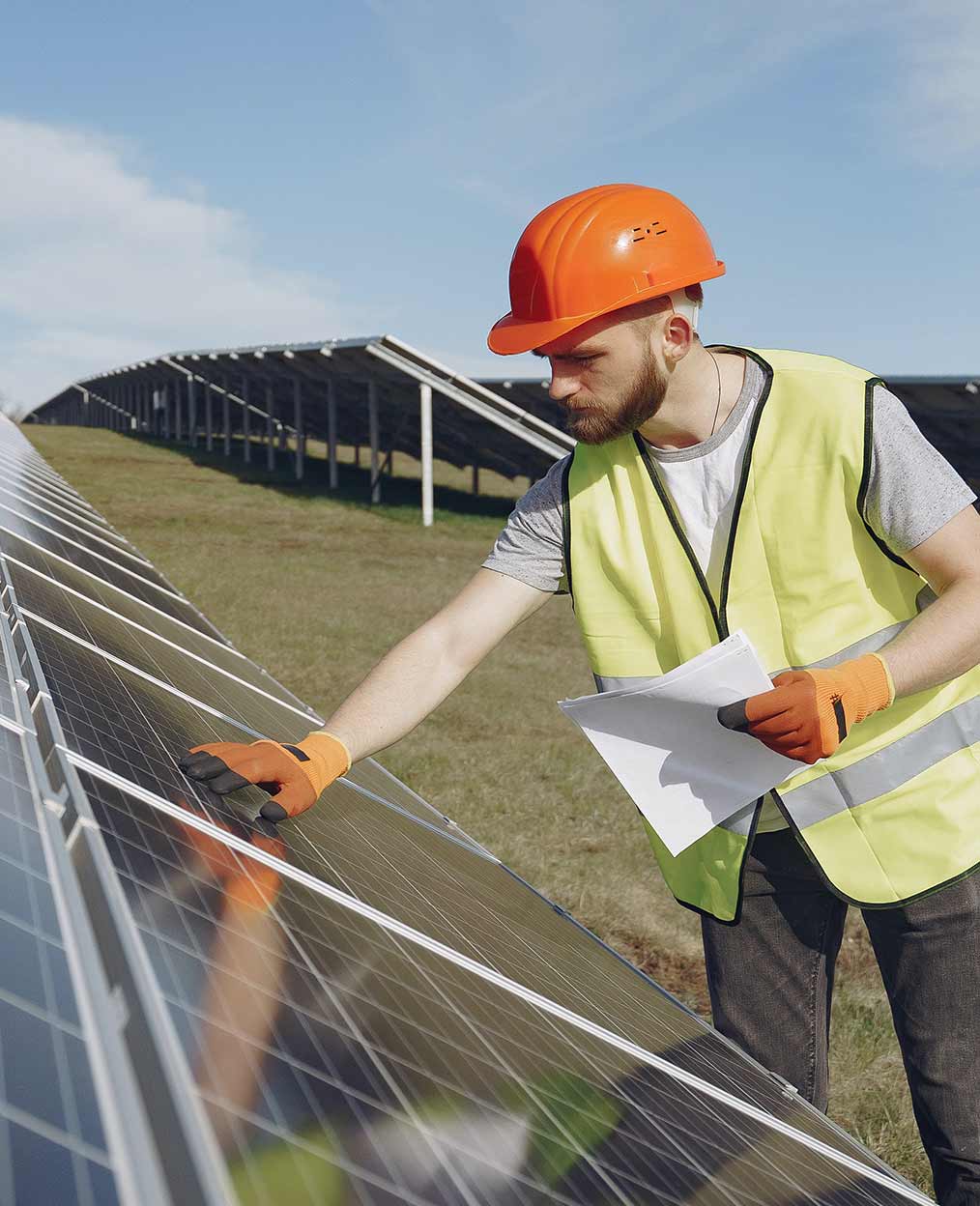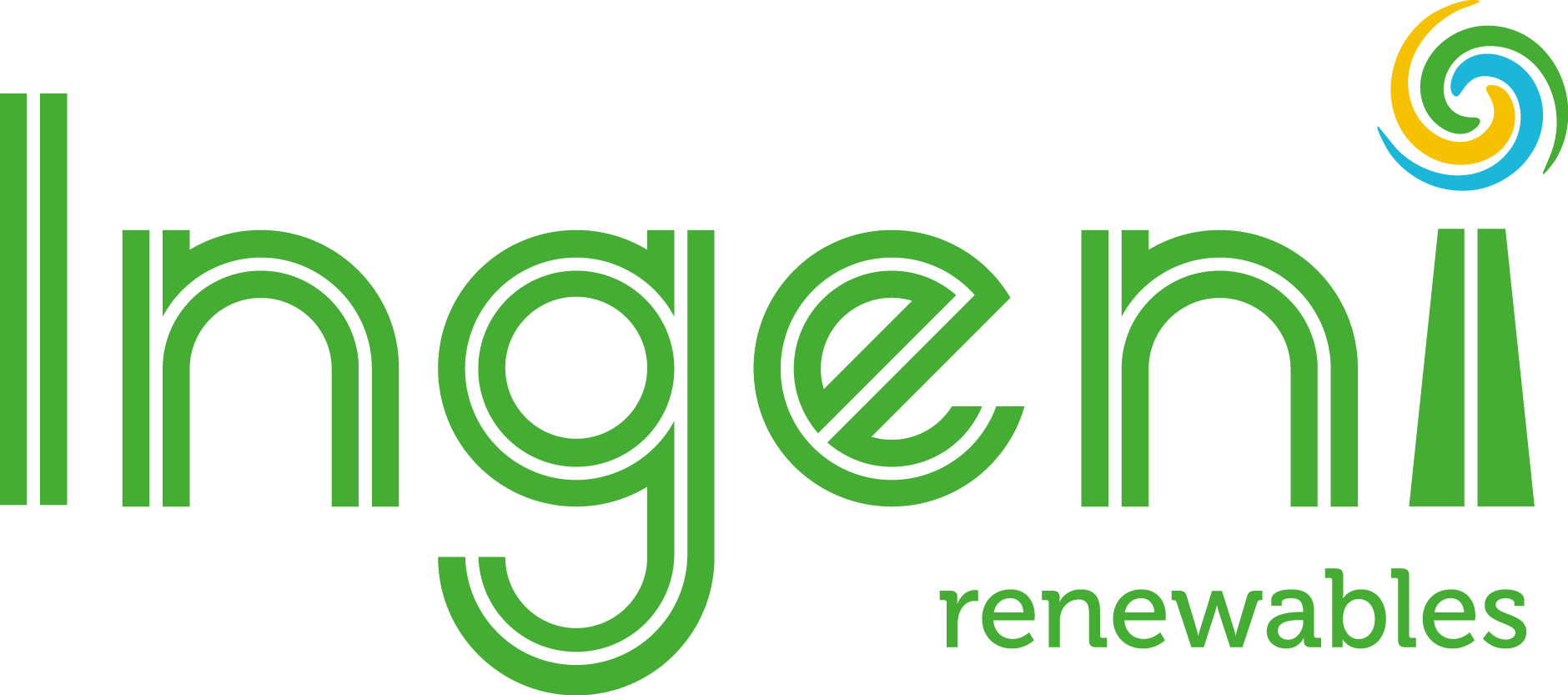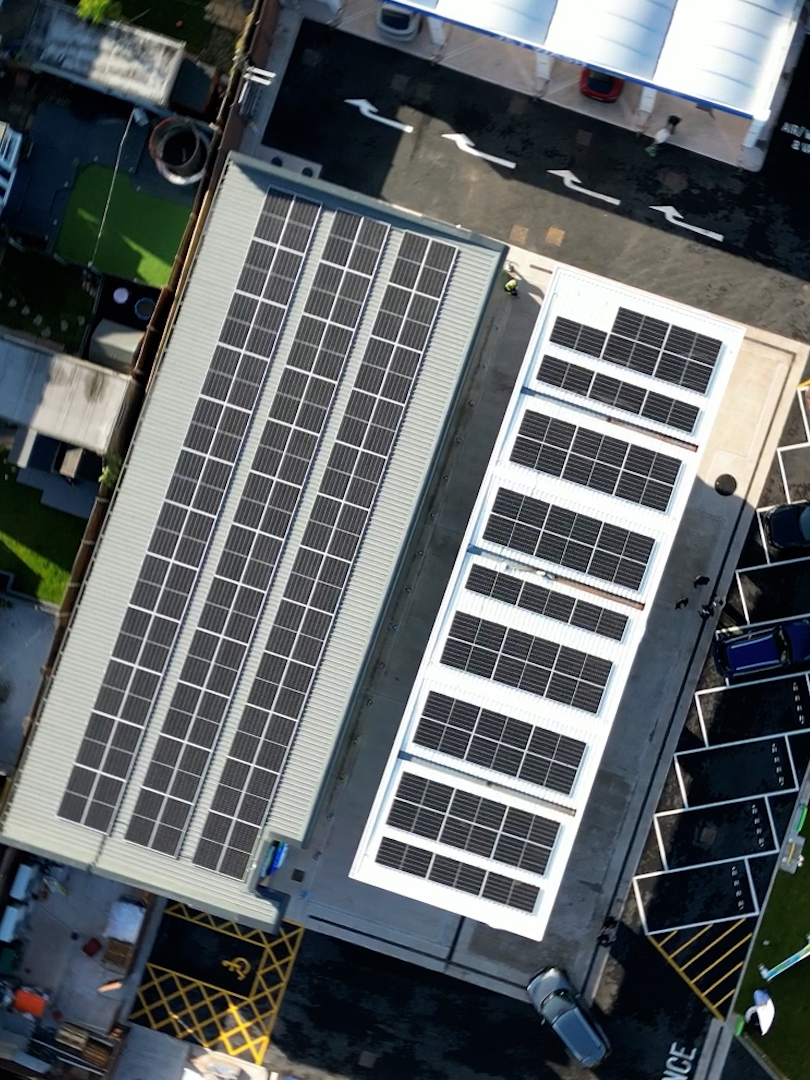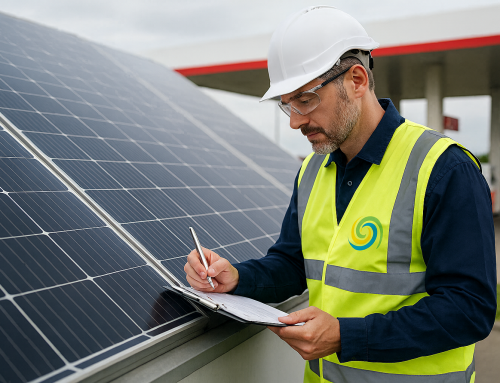Are you considering microgeneration for your business? While the advantages, as detailed in our previous exploration of microgeneration benefits, are significant, understanding how to avoid microgeneration pitfalls is important to maximise benefits and minimise risks.
Here, we outline practical steps to navigate these pitfalls, setting your business up for sustainable success…
The common microgeneration pitfalls and how to avoid them…
Insufficient planning
Jumping into microgeneration without detailed planning is one of the main microgeneration pitfalls that can lead to unexpected expenses. Conducting comprehensive feasibility studies, energy audits, and financial assessments before investing in microgeneration is essential.
Tip: Establish a clear strategy, set attainable objectives, and consult with experienced energy advisors to navigate the planning process smoothly.
Underestimating costs
It’s easy to overlook the full costs of microgeneration installations, which include equipment, installation, permits, and ongoing maintenance. Preparing a detailed budget that covers all potential costs and contingencies is crucial.
Tip: Getting multiple quotes from reputable suppliers and contractors can help ensure you find the most cost-effective and transparent solutions.
Lack of technical expertise
Not having enough knowledge or expertise about microgeneration technologies can lead to inefficiencies and operational issues. It is critical to seek advice from qualified professionals, engineers, or accredited installers who specialise in microgeneration.
Tip: Consider investing in employee training or workshops to boost internal expertise and ensure optimal system design, installation, and maintenance.
Ignoring regulatory compliance
Overlooking regulatory requirements, necessary permits, and codes can lead to legal troubles or delays in your project. Ensure that you are well-versed in local, regional, and national regulations that govern microgeneration installations, grid connections, safety standards, and environmental assessments.
Tip: Maintain close communication with regulatory authorities and ensure full compliance to avoid any hiccups during your project’s lifecycle.
Overlooking Maintenance
Neglecting regular maintenance and monitoring of microgeneration systems can result in decreased performance or equipment failures. Establishing a proactive maintenance schedule, including inspections, cleaning, testing, and necessary repairs, is advisable.
Tip: Use monitoring tools and analytics to keep track of system performance, identify issues early, and optimise energy production.
Not making use of incentives
Missing out on available incentives, grants, or financing options can lessen the financial appeal of microgeneration investments. Actively research and take full advantage of incentive programs, tax credits, rebates, and favourable financing options provided by government agencies, utilities, or industry associations.
Tip: Collaborate with financial advisors or energy consultants to maximise financial benefits and return on investment.
Overlooking scalability
Many SMEs face limitations in scaling up due to site constraints. Still, it’s important to consider future business needs and how your microgeneration capacity might need to expand. Flexibility, potential for future expansion, and compatibility with evolving technologies should be considered.
Tip: Plan your microgeneration solutions based on projected business growth, future energy needs, and likely advancements in technology.
Now you know the microgeneration pitfalls, are you ready to take the next step?
Ingeni Renewables is here to guide you from the initial feasibility assessment through installation and ongoing maintenance. We offer tailored solutions, whether you need comprehensive project management or specific services. Reach out for a free, no-obligation consultation and empower your business with sustainable solutions today.
Related Posts
Make a No-Obligation Enquiry






